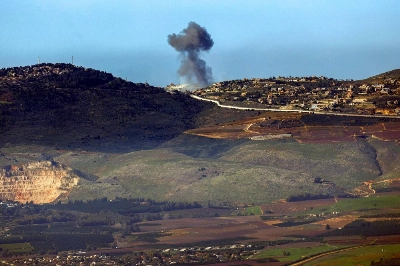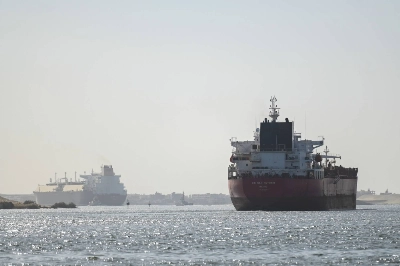U.S. officials acknowledge that airstrikes against Houthi militants in Yemen won’t deter the group from attacks that have roiled commercial shipping in the Red Sea. Yet that doesn’t mean the military campaign will stop anytime soon.
U.S. President Joe Biden candidly described the dilemma Thursday when he was asked about the efforts to weaken Houthi capabilities after the Iran-backed group’s series of drone and missile strikes disrupted shipping in the Bab el-Mandeb Strait, a vital trade waterway.
"Are they stopping the Houthis? No. Are they going to continue? Yes,” Biden told reporters in comments that fit his long habit of saying the quiet part out loud.




















With your current subscription plan you can comment on stories. However, before writing your first comment, please create a display name in the Profile section of your subscriber account page.